
by Kimberly | May 11, 2015 | Books, Coffee with...

I’ve just been recently introduced to the life, ministry, grace, humor, and writing of Trillia Newbell. She does some great things for the kingdom in race ethics, CBMW, and for the ERLC. But, today, I’m not talking to her about those things – though I would definitely like to.
I’m getting the privilege to introduce to you her new book, Fear and Faith, by Moody. Ladies (gentleman, keep reading because your wife will thank you for the book) – this is one of those books, and they have been rare in my life – that I think every woman should read. Married, single, mom, widow, barren, adoptive mom, divorced…you name it – its for you. Because I think Trillia has hit on a topic all women struggle with. FEAR.
I’ll save my book review and the GIVEAWAY for next week, but right now you can hear from Trillia herself. And while I didn’t get to sit down with her face to face and have coffee, this is what I would ask her if I could have:
1. You write a part about always being in a hurry. How do you manage to write books, minister to women and others through CBMW, ERLC, and be a wife and a mom?
When I first began writing I had a desire to write as often as possible for as many organizations as possible. In part, I was simply excited to write. I also thought it was a great way to grow. As my responsibilities have increased at the ERLC and speaking opportunities have also increased, I’ve had to say no more often than I’d like to. That, I think, is how I’m able to balance. As new seasons come I have to make decisions to stop doing certain things. Before I was writing books, I was a fitness instructor, as I began to write more and my husband and I saw this as a ministry I ought to invest in, I gave up fitness.
I simply could not do this without my husband’s support, encouragement, and blessing. He helps me evaluate opportunities and balance serving the home, family, church, and broader ministry work. God’s grace is sufficient and he enables me to work.
2. When you got finished writing this book: what had you learned the most about yourself and what would be the first chapter in Fear and Faith part 2?
I’m not sure what I learned about myself but what I did learn is that fear is universal. I knew that it was a common struggle but the response has been such that I realize it’s almost a temptation for everyone. If I had a Fear and Faith part 2—the first chapter might be on finding our identity in Christ as we seek to fight these fears, especially the fear of not measuring up.
3. What verse or advice would you share w women on how to conquer social media and its push on what we do in life?
I think if a woman is secure in her identity in Christ and looks to Scripture to define for her what womanhood is, she will be able to fight the temptation to compare on social media. I don’t think that social media is all bad. I think we should be able to look on these various sites and rejoice with other women who receive what we do not or who are gifted differently than us.
But we also must know that we do not have to be on social media. I think many fear missing out so we check often. But if social media tempts us to sin rather than is a means of grace, don’t get it on it. There’s freedom to miss out—and honestly, we aren’t missing out on much because real life around us still goes on.
I hesitate to throw out Scripture because it depends on what aspect of it someone is struggling on. There’s plenty in the world about running our own race, not looking to the left or right, and encouraging one another. I would say anything in that category would be a good start.
4. Random question just for fun for your readers to get to know you better. If you could go on one trip just w your husband, where would it be and why?
Mine is Paris!! I studied abroad, in Swansea, Wales, and while over there I visited France. I traveled to Paris a few times and it was by far my favorite city. My husband, Thern, has not been to Paris (though he has been abroad). I would love to sit at the foot of the Eiffel Tower with him. Oh man, that would be so wonderful!
5. What is your favorite coffee shop where you live and what is your “regular ” order?
I love to work at the Frothy Monkey and The Good Cup. I enjoy fruit tea and various delicious coffees.

by Kimberly | May 8, 2015 | Books

If you are in the church…then you might have figured out that the church isn’t perfect – and everyone in the church isn’t just like you. The church is made up of sinners who have been redeemed by a gracious God. Everyone is different, has different opinions, and has different gifts. So, what are you to do when you have differing opinions (not right or wrong)?
Collin Hansen, guru over at The Gospel Coalition, has written a book to answer such questions. I found this book difficult to read – not because of how it is written, but that it is so introspective and points to the sin that is in all of our hearts (when wanting our own way). Thankfully, Collin doesn’t leave his readers there. He offers the hope of the Gospel and also some ways to apply this grace even in the church.
“And when these differences cohere around the Gospel of Jesus Christ, they work together to challenge, comfort, and compel a needy world with the only that will never fail or fade.” (pg 23)
The hardest thing about differences in the church is everyone always thinks they are right. This writing by Hansen helps us to see that there are gospel-centered ways to handle our differences, how to engage together with those who are not like-minded, and how not to point fingers. Pointing fingers doesn’t get you anywhere.
This would be a good read for:
1. Me…because if I see differences in the church I am quick to point out how I would do things differently or why I don’t think this such and such is working.
2. Church leaders who seem to have a thriving church – but know that there are differences within their congregations.
3. Churches on either end of the spectrum. Maybe you are a church leader who has a congregation that loves missions and serving the poor and has dynamite electric worship with a rocking praise team – but you are really low on theology. Or maybe you sing out of hymn books, would never use the drums, and barely see any conversions all year – but your people know the Bible. We are all sinners and desperately need the hope of the Gospel for us to love Jesus and look more like Jesus on Sundays – and every day of the week!
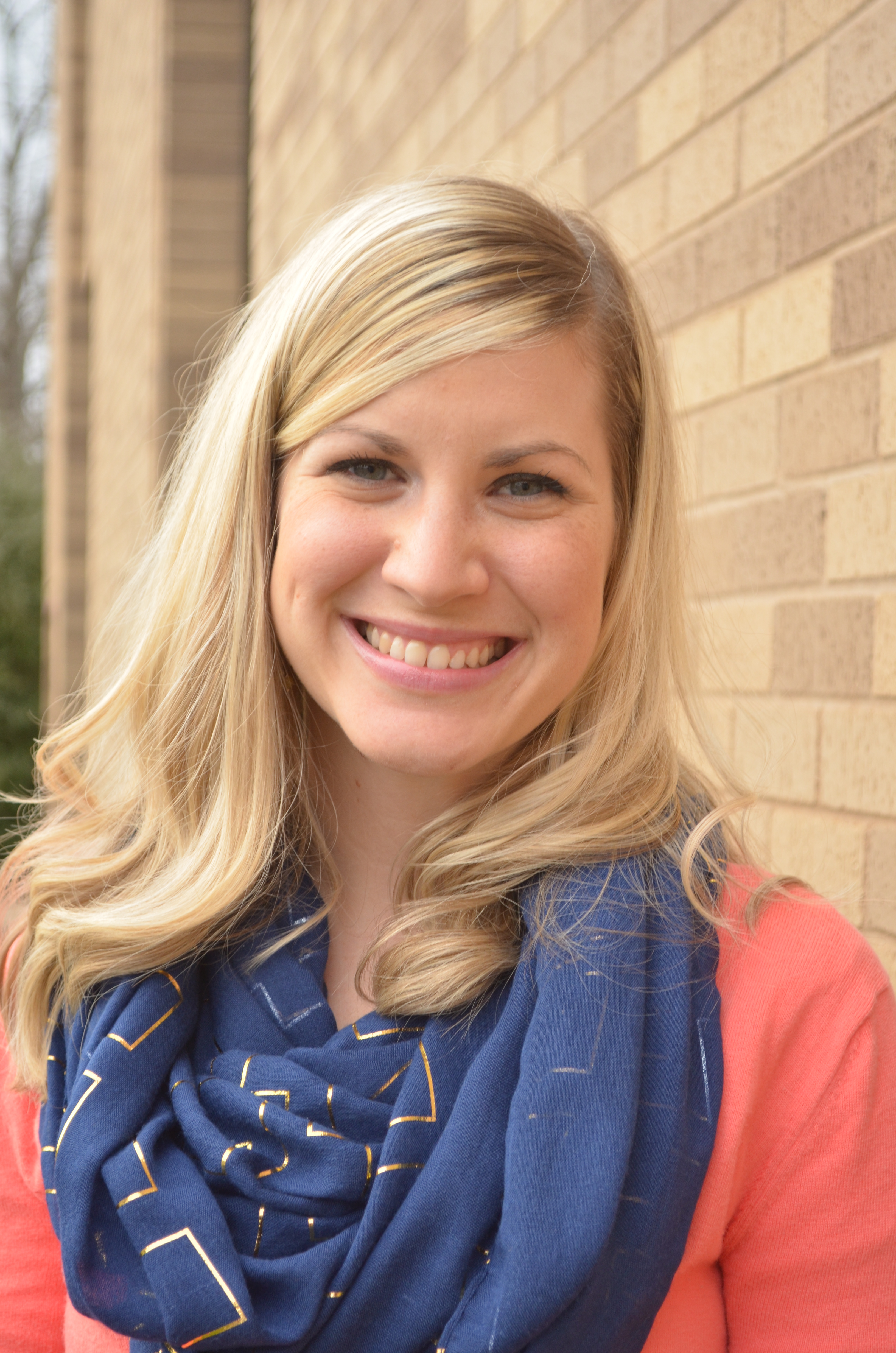
by Kimberly | May 4, 2015 | Books, Coffee with..., Women
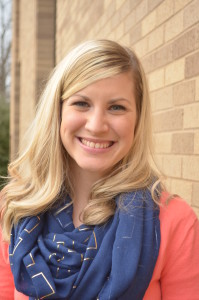
One of the women who have shaped my theological thinking and has been a friend to me the last 8 years is Courtney Reissig. I first met Courtney in Louisville when we both worked for deans of the SBTS and had some ministry with CBMW. She then got married and I moved away to Raleigh.
Then I got married, and she moved to Little Rock. Then we moved to Little Rock. Even though we were at separate churches, I was glad to meet up with her every now and then to talk life, marriage, parenting, and ministry.
If I still lived in Little Rock, I would probably pick up some coffee and head on over to their house (about a mile from where we used to live), let our boys play, and share this conversation with her in person. She’s due any day now with another little boy. Since I’m not in Little Rock, I used modern technology and asked her these questions about her new book, The Accidental Feminist, and about coffee. You’ll get a chance to hear how writing this book shaped her heart and family and her relationship with her heavenly Father…and about her coffee direction.
Thanks Courtney.
1. Writing a book is a time-heavy endeavor. How did you manage 2 toddlers, a husband, and serving in your church – while writing a book?
That’s a question I get often. In all honesty it was by the complete grace of God. The prevailing theme in my life as I wrote the book was unexpected weakness. 2 Corinthians 12:9 was very dear to my heart throughout the entire process. It says:
“But he said to me, “My grace is sufficient for you, for my power is made perfect in weakness.”
Therefore I will boast all the more gladly of my weaknesses, so that the power of Christ may rest upon me.” I got pregnant halfway through writing the book, sadly it was followed by a pretty complicated miscarriage that seemed to drag on. In God’s kindness, I got pregnant again right as the editing process was starting and was fairly sick through most of the editing. There were many days where I thought I would not be able to get it done, but God was faithful to give me words when I needed to write them, and provide the necessary energy to write and think. Practically speaking, this book has been in my head for a long time, so in a lot of ways it flowed out of me primarily because I had done so much thinking and writing about it before I ever had a book contract. Also, my husband was a tremendous blessing in providing me space and time to write. When I wasn’t pregnant, I would get up early in the morning to write and he would get our boys started with the day. I also did a couple of overnight writing retreats and that really helped with getting large chunks of writing done. For the most part, though, the book was written during nap time and in the early morning hours. I just process better earlier in the day, rather than later.
2. You’ve obviously thought about this topic of feminism much. What is one new thing you learned in your research for this particular book?
I read a book on the history of first wave feminism towards the end of the process and I was struck by how white the early feminist movement was. One of the dividing lines of the early feminist movement was whether or not they would include African-American women’s issues on their platform. Many of them, largely influenced by the spirit of the age, did not see a need to include African-American women in their fight. I had always known that some early feminists, like Margaret Sanger, wanted to eliminate those she saw as unfit for society (like minorities, disabled people, and the poor), but I didn’t know that within the larger movement there was such a lack of minority representation. That was really interesting to me–and of course, really troubling. It showed me that it’s easy to only think in terms of our own culture and context when we apply truths to our lives without looking at people who are different than us and really trying to understand where they are coming from and how our ideas might be interpreted by them or applied differently to their lives.
3. The local church is important in this shaping us to look more like Christ. What is one way that women can be purposeful in their relationships with other women in the church to help each other grow in our womanhood?
I think the primary way woman can be purposeful in their relationships with other women is to take initiative themselves. It’s easy to assume that no one has time for you, or that others aren’t interested in your life, when in reality everyone is waiting for someone to approach them first. I know I do that more often than I should. If we want to see women flourish in their understanding of God and his word and we want to see relationships develop among women, then we have to be willing to make the first move. In my own life, I know my reticence to taking initiative is often owing to fear (which is really pride). I’m afraid of rejection or afraid that the person will think I’m too needy. But I am needy. We all are. We need the body of Christ to encourage each other, fight sin together, and remain steadfast in the faith. One of the encouraging things that I see in the local church today is the desire women have to study God’s word. That is one practical way relationships can be forged, through intentional study of the Bible together. There are many more, of course, but that is the best place to start.
4. How did writing this book shape your relationship with your husband and your children?
That’s a good question. First, with my husband, it really showed me how much he truly supports me. Writing a book is not an isolated effort. Of course, there is a lot of time spent alone as you crank out chapters (which is a challenge for an extrovert like me!), but it’s also about the community that shapes your thoughts. My husband has probably talked more about feminism than he ever thought he would! He is my greatest support, but also my toughest critic. In the early stages of writing, I struggled with his criticism because I took it so personally when he said something didn’t make sense or didn’t sound true. But as we’ve walked through this process together, I’ve learned that because he is my greatest supporter, I can trust his criticism. His critiques are faithful and in my best interest. He’s not out for my evil, but for my good. And he’s a really good editor. If only it didn’t take me so long to appreciate it! With my children, it’s a little different. They are two (and as of right now, my third son is still in utero), so they can’t read yet. But as I researched for the book and learned more about feminism’s influence on men and how our culture perceives them, I became more convinced of the need for understanding the far reaching impact feminism has had on all of us. I want to raise my sons to be men who love God, love and respect women, and love God’s word. That is counter-cultural in a world that expects very little from our men, and it frankly scares me to raise them in a world where they are expected to be either ignorant boys who never grow up or aggressive sexual predators who use women for their own pleasure.
5. What kind of coffee do you drink? Or tea? Maybe more so when you aren’t pregnant.
I do drink coffee. I didn’t drink it during the first 16-17 weeks because I couldn’t stomach anything, especially coffee. But I love coffee in the morning, so I eventually gave in around 20 weeks and started drinking it again. With the twins I didn’t, but since I actually have other kids now I feel like it’s a necessity to function in the morning 🙂 I love Caribou coffee, but we don’t have that here, so I drink the Kroger Columbia blend (to save money). I like it with some milk in it. Since I have gestational diabetes, for a treat, I’ll get a decaf skinny vanilla latte at Starbucks if I’m out for coffee. Normally I get the normal kind. 🙂
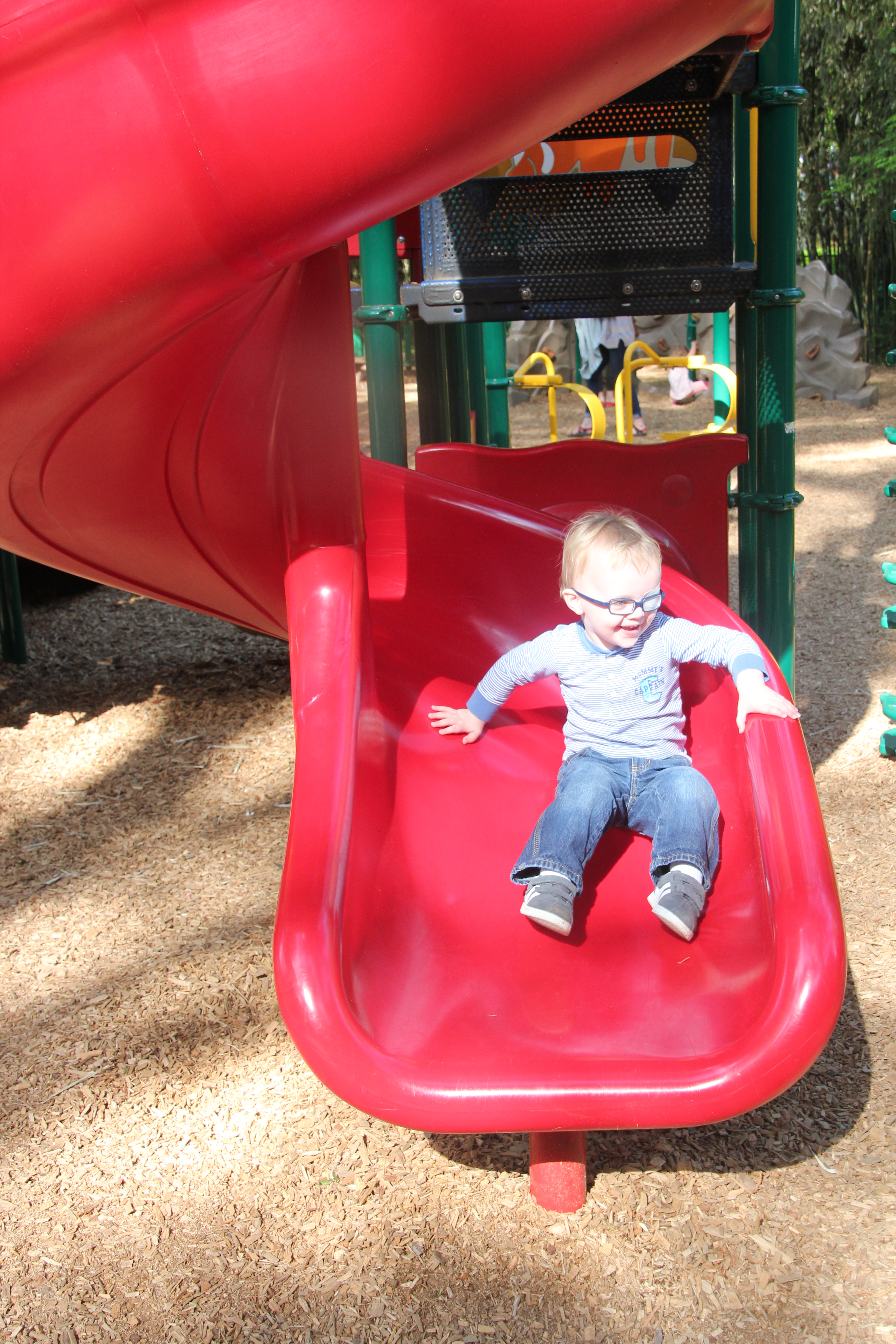
by Kimberly | May 4, 2015 | Books, Shepherding Children, Uncategorized
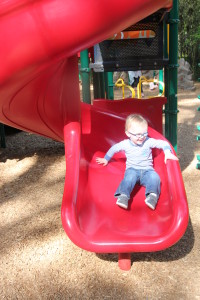
When our older son was born, he was rushed to the NICU at our hospital then eventually transferred to Duke NICU. I was in a lot of pain from a hard delivery, but my husband knew enough to be really concerned. For some unknown reason, our son was born without enough platelets in his body.
So that meant if he ever got cut or started bleeding he wouldn’t be able to stop. Duke NICU doctors were puzzled and didn’t know the cause of this. He was in NICU for 4 days before we could bring him home. When you leave the hospital after delivering a baby and you don’t have your baby, there is a sense of loneliness in that moment.
We prayed for days and every time we went to the hospital we were grateful for the doctors and most importantly grateful for our God who heals. After many blood transfusions, our son was on his way home in our car. And at his next check up (1 week, he was seemingly perfect in the platelet count area). We are thankful.
But, even after that scare when he was born, we aren’t out of the woods when it comes to more scrapes and bruises. Even yesterday I was paged at the gym to go check him out after he had hit his head on the wall. Nice bruise and tears and a mommy hug later – he was running around the gym like nothing had happened.
This new book about Boo Boos and our children teaches them many things about God’s character – that they need to know all the time, but especially when they are in pain and need a bandaid or a trip to the hospital.
1. It teaches them the nearness of God throughout all of life – even when life hurts.
2. It teaches them that God hears their prayers. God is always listening – even when we fall down and hurt.
3. It teaches them that God will indeed help them to persevere in the pain.
What is your biggest fear with your children? Or share a story about when they got hurt and how you handled it.
Thanks to Tommy Nelson Mommies for this book and for a book to giveaway. All opinions are my own.
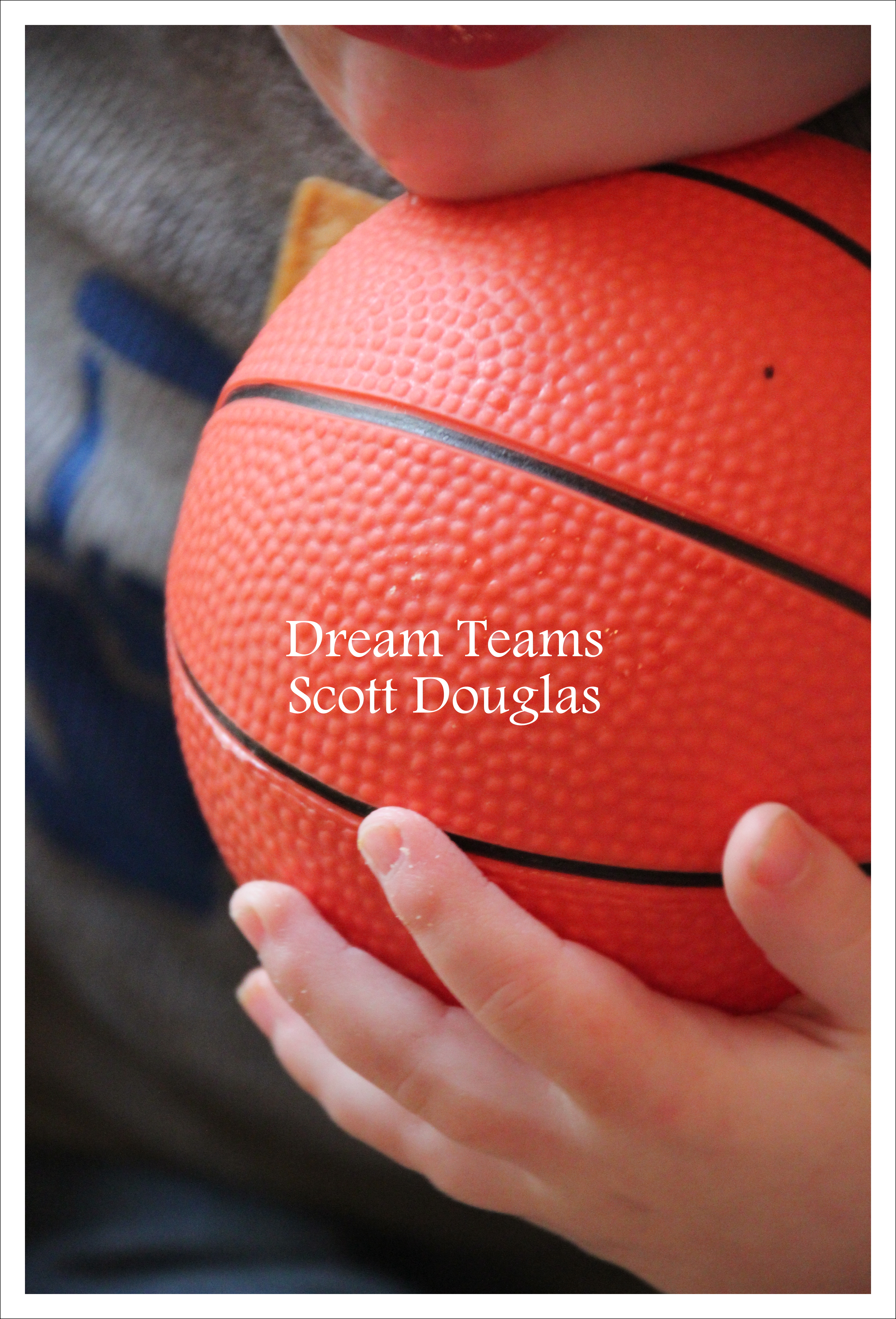
by Kimberly | Apr 29, 2015 | Books
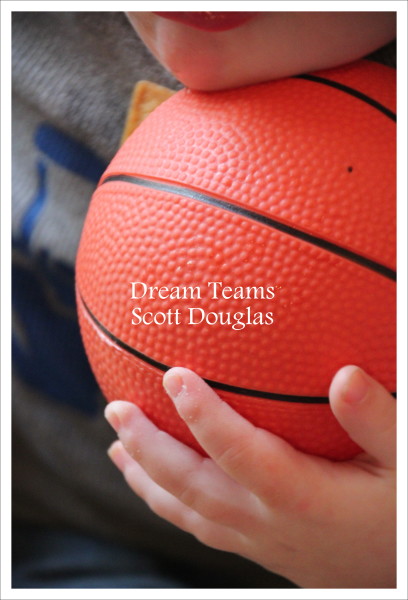
I really love books about ministry and sports – two great loves of mine. So, when Scott Douglas, or should I say Dr. Douglas, a friend of mine from my days in Kentucky, delivered his book – I knew it would be a winner.
Sports analogies, for most guys especially, is an effective way to teach them about most things. So, Scott starts and continues his sports analogy well, but not overwhelming where those who are not sports fanatics will still enjoy and learn from the book. It is just a good theme for the book and the title makes sense.
And sports that have teams involved is a good analogy for ministry teams. Whether you serve in children’s ministry, youth ministry, family ministry, on a pastoral team, music ministry, VBS ministry – you understand, or hopefully should, your team is your most vital tool in succeeding in ministry. Douglas realizes this throughout his years of ministry experience: “The journey of developing ministry teams that function effectively is driven by a single idea: ministry teams are made of people who have been called by God, have high character, have great skill, and have chemistry with the rest of the team.” This is a really good summation of what Douglas hopes, and achieves, to cover in this book.
I have been on a ministry team, whether paid staff or volunteer for almost 20 years. Some experiences were not as good as others, but I could pull from those experiences and compartmentalize the points in this book in how to respond and handle team ministry in the future.
One lesson I learned early on is communication is key with your “lead pastor”. That was a hard lesson I learned early on in ministry. That chemistry has to be there with the right team members, but you will have conflict that arises and you need to be humble and willing to deal with that conflict biblically.
Another lesson I have learned in ministry is that chemistry is vital. Most recently I was part of a family ministry team that excelled in this. It wasn’t always so and the elders had to deal with that wisely, but the men and women I served with…I also were friends with and still am even though I’m no longer in that city or church. Each ministry team doesn’t need to be best friends, but if you can go on road trips together or fishing with some of them – you know its a keeper.
Douglas in his books doesn’t bore you with too many statistics like some ministry books do. He is very practical with his words and you can tell they come from years of both church ministry and seminary education. He is humble to admit his failings, and shares his triumphs in ministry as well. I found this book very relatable. Maybe this would be a good summer read for your ministry staff.
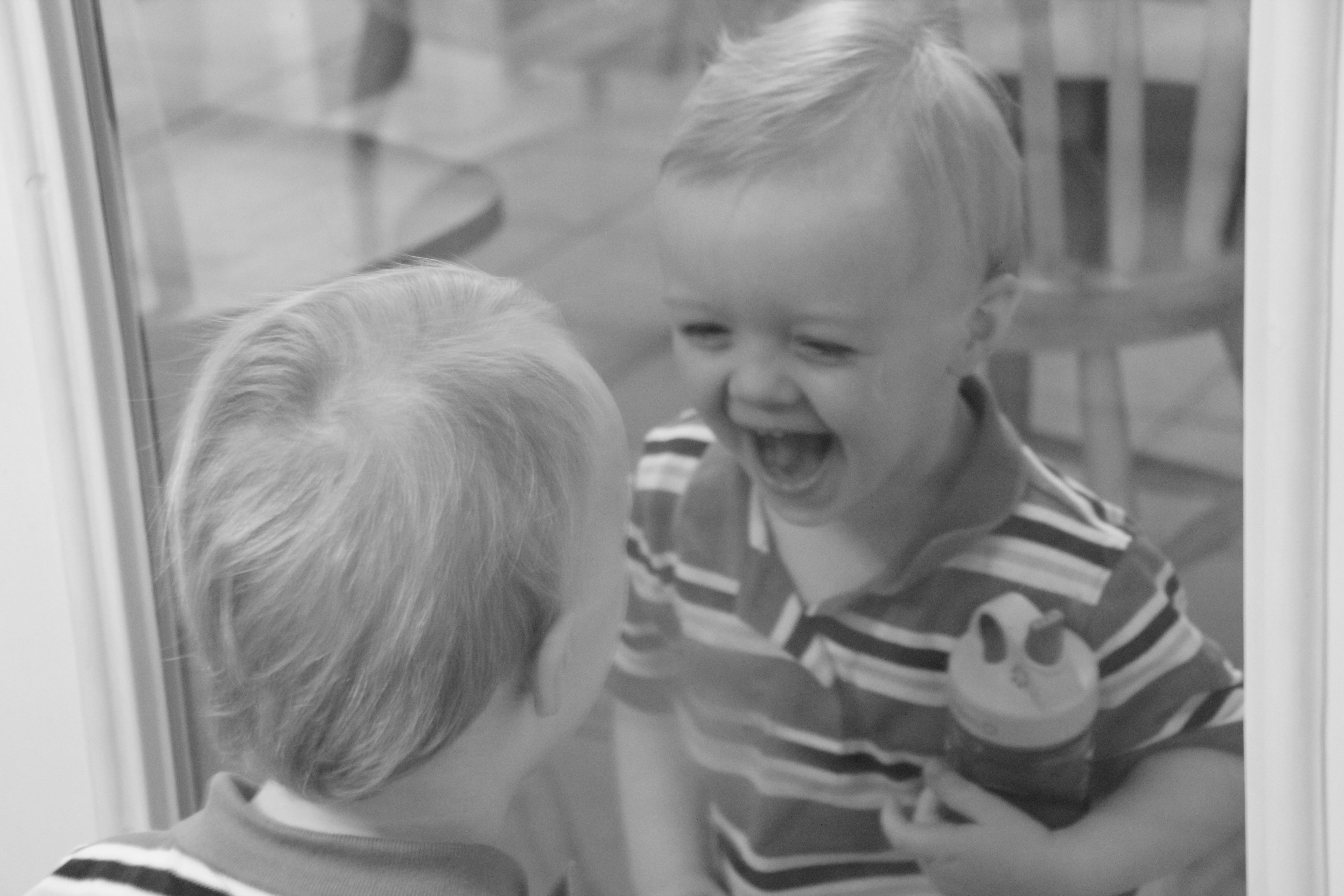
by Kimberly | Apr 20, 2015 | Books, parenting, Shepherding Children
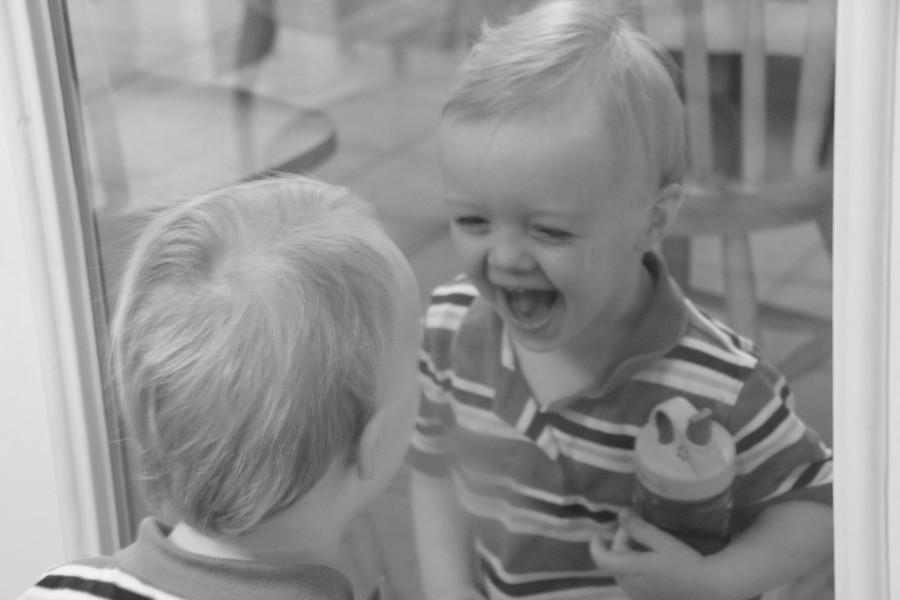
I love each night when it comes to bedtime and I get to read to my boys. Ever since I had children I dreamed of reading to them – and one day hearing them read. It is a snuggly time (and a wiggle time some nights). I also love to see them flip pages in a board book – on trips, in their beds, or in the big comfy sofa chair we have in our living room. It is a sweet time.
Tommy Nelson just put out a book called Mommy Loves You So Much (don’t worry, Dads – your book is coming soon). It is a sweet and endearing board book full of animal mommies and their babies. Jo Parry did a great job illustrating the book. You can read through the book and use it as a tool to learn life basics, fruit of the Spirit, animal sounds, nature, etc.
This would be a perfect book for a friend who is about to become a Mommy (Mother’s Day, hint hint).
I really loved the book the first time I read it – my boys were looking on – until I got to the last page.
“How much does Mommy love you?
More than you can measure!
My heart grows bigger every day –
You’re my greatest treasure!”
That last line. So, I don’t want to chunk the whole book – so here are two ways I can handle that line (since I don’t agree with it)
1. If I am reading it to them I can change the line. My boys can’t read yet so they don’t know if I do change it.
2. If your children can read, you can help them understand why that line isn’t true.
Some reasons that last line bothers me:
1. The Gospel is our greatest treasure – JESUS.
2. If I have more than one child – do I only have one treasure – which one do I choose/
How do you interact with books for children that might not be exactly what you would say? How do you teach your children through the books you read?
One way to enter in for this book from Tommy Nelson is to answer the question what zoo animals do your children like best? This book has so many animals in it!
I will choose winner on Wednesday, 22nd.
Tommy Nelson provided this book to me as part of Tommy Nelson Mommies. All opinions are my own.












